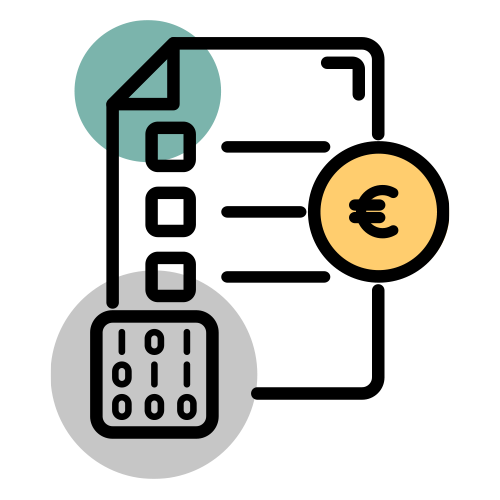Etherna | Blockchain As A Service
Etherna is a platform that makes it easy and transparent to use blockchain technology for any application and process integration.
Net Service designed Etherna as a distributed platform for the provision of blockchain-based services (including B-Cert, B-Voting, B-Supply and B-Signature) through high-level APIs.
The native use of the Etherna blockchain makes it possible to overcome any critical integration issues with the application world, overcoming the limitations typical of the blockchain world.
The way the services are used provides a specially designed API (Application Programming Interface), capable of making any customer (both System Integrators and End Users) independent.
Etherna simplifies the Blockchain concept.
GO TO ETHERNA WEBSITE
Etherna advantages
WHAT IS SIDECHAIN ETHERNA?
Etherna is a consortium blockchain infrastructure promoted by the Net Service Group, with Proof of Authority consensus and based on the official products of the Ethereum Foundation. Etherna makes it possible to share a ‘controlled cost’ blockchain infrastructure with other partners, while guaranteeing high immutability through periodic synchronisations on the public blockchain.
The use of Etherna offers multiple advantages:
● the containment of the cost per transaction, which in the public blockchain context goes a long way to limiting possible write activities to a few essential pieces of information of interest;
● the non randomness of the cost per transaction compared to the fluctuations of cryptocurrencies;
● the low latency in sealing new blocks, with the adoption of consensus policies better suited to the proposed application context;
● the high transaction throughput;
● the greater compliance with GDPR directives, thanks to the storage of data on European servers and on non-public blockchains.















